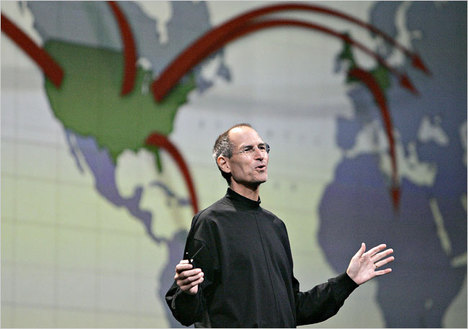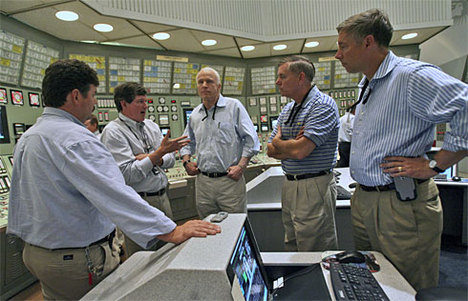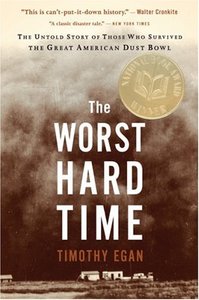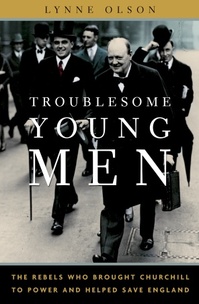
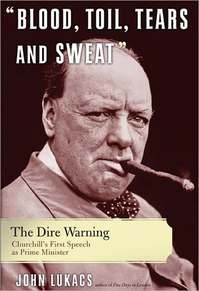
Source of book image on the left:
http://images.barnesandnoble.com/images/25780000/25788683.jpg
Source of book image on the right: http://www.churchillsociety.org/Churchill%20Book%20Discussion%20Group.htm
Several recent books support a common conclusion that freedom is fragile, and its preservation can sometimes depend on the courage of a few individuals. I recently heard discussions on C-SPAN of a couple of books (images above) on WW2 that emphasize this point. Hitler might very well have succeeded in the long-term conquest of continental Europe, and even Great Britain, if Churchill and a few others had not taken a stand.
Earlier, also on C-SPAN, I heard John Ferling make a similar point with regard to the American Revolution. (See the images of his two relevant books below.) Were it not for the actions of George Washington, and a few others, the revolution very well might have failed.
One can view this as a bad news, good news, story. In earlier entries on the blog, I have quoted articles suggesting that the French are especially bothered by how “precarious” life can be. Well, the bad news is, that on this, the French may be right.
But, on the other hand, the stories of Churchill, and Washington, also tell us that with some courage and determination and wisdom, individuals can sometimes make a big difference in how stories end. That is the good news.
(And yes, Nassim, luck matters too.)
Books referred to:
Ferling, John. Almost a Miracle: The American Victory in the War of Independence. New York: Oxford University Press, USA, 2007.
Ferling, John. A Leap in the Dark: The Struggle to Create the American Republic. 1st ed. New York: Oxford University Press, USA, 2003.
Lukacs, John R. Blood, Toil, Tears and Sweat: The Dire Warning: Churchill’s First Speech as Prime Minister. New York: Basic Books, 2008.
Olson, Lynne. Troublesome Young Men: The Rebels Who Brought Churchill to Power and Helped Save England. 1st ed. New York: Farrar, Straus and Giroux, 2007.

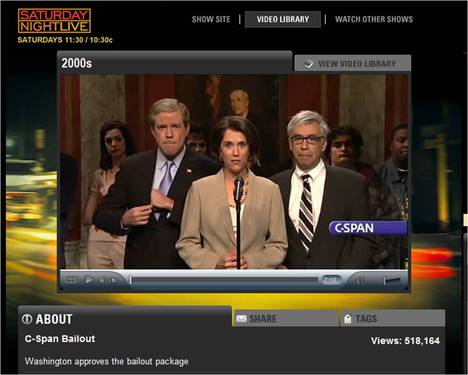 Source: screen capture from the NBC video clip mentioned, and linked to below.
Source: screen capture from the NBC video clip mentioned, and linked to below. 

